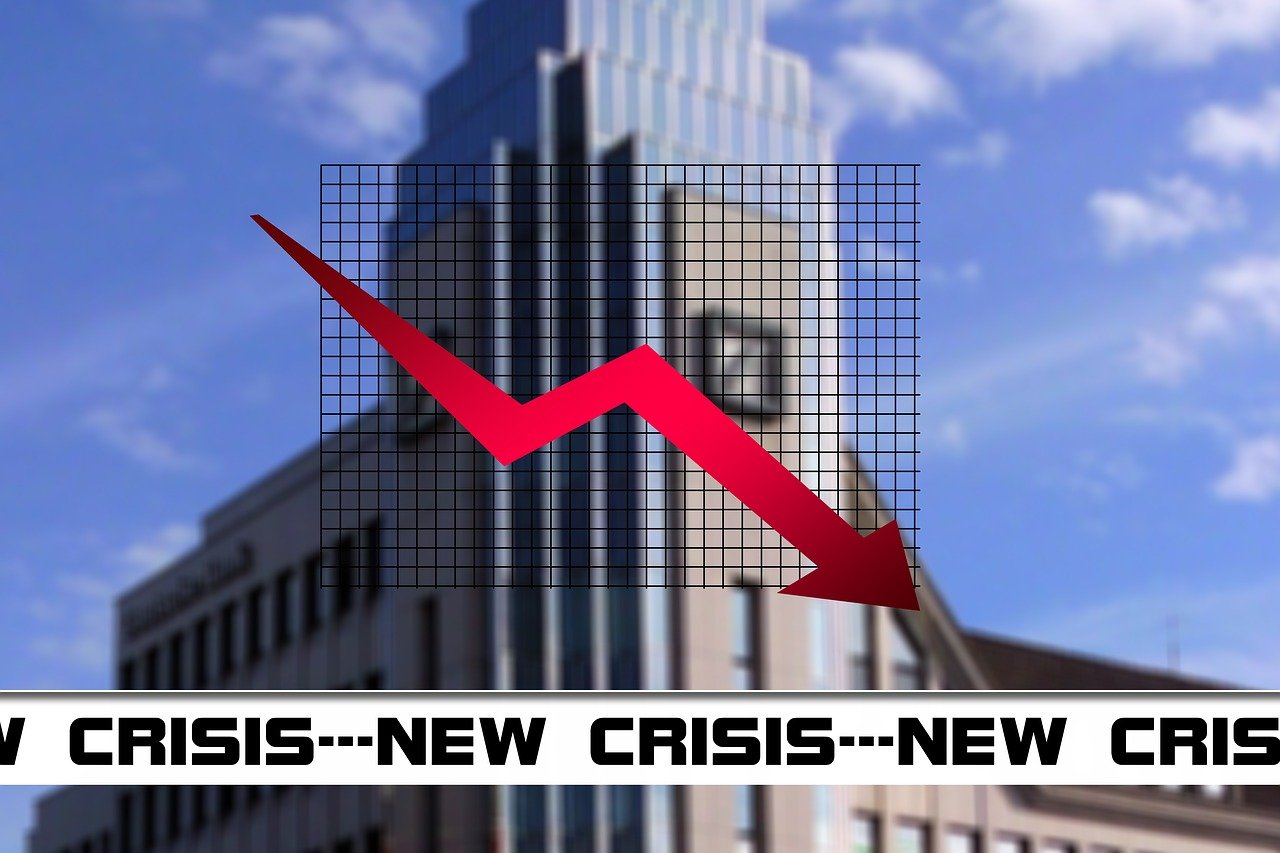On 5 August 2024, the financial markets took a tumble. Stocks, commodities and cryptocurrencies were affected, supposedly because of expected slow growth and a looming recession. Whether a recession is on the cards is yet to be determined, but preparing yourself for one can put you at an advantage financially.
As Warren Buffett said, “Only when the tide goes out, do you learn who has been swimming naked.” That means that tough economic times will reveal who is heavily leveraged, up to their eyeballs in debt and without savings. You can take several precautions to improve your financial situation so that you minimise the financial blow that a recession deals.
Waiting Until it’s Too Late
Experience has shown me that most people take drastic action towards improving their financial situation only when it’s too late. Rarely has anyone failed financially overnight; it’s a process that happens over months and years. After taking out one debt, you’ll be tempted to take out another one because you felt an improvement in your lifestyle.
With most people, they end up taking out several loans. Eventually, they reach a point when they can’t make the minimum payments on their loans. It may seem as if that’s the point where they began to fail financially. But it’s not. They failed when they took out the second loan before paying off their first one.
I’m anti-debt, but if you’re going to take out a loan, then the only acceptable one is a mortgage.

I reached a point in my life when I couldn’t even pay my rent, so I got evicted. Having nowhere to go, I parked my car on the side of the road and lived in it. A few weeks later, the bank repossessed the car because I had defaulted on several payments.
I lost everything, and it was only then that I decided to make a change.
You shouldn’t wait until you’re homeless to turn your financial situation around. Don’t even wait for a recession. Do it right now so that a recession feels more like a draught that’s entered your home, rather than a tornado that’s going to demolish it.
What Usually Happens During a Recession?
A recession happens when there is a decline in the gross domestic product (GDP) in two consecutive quarters. Production of goods and services decreases drastically because of lower consumer demand, prompting employers to lower working hours or retrench workers.
Unemployment increases, which forces the people without jobs to liquidate their investments to have money for bills. Selling pressure is much higher than the demand for financial assets. That’s one of the reasons that stocks and commodities lose value during a recession.

Real estate prices fall. Why? Because people without jobs or money cannot make mortgage payments, so they sell their properties. But the market is saturated with sellers catering to a lower number of buyers. That results in sellers competing against each other to lure in a buyer. How do they do that? They lower the prices of their homes.
Now that you know some of the repercussions of a recession, how do you best protect yourself from one?
Have a Part-Time Job
Even if we’re not in a recession, you should have a part-time job (complementing your full-time work) to pay off your debt as soon as possible. A larger income helps you to dedicate more money towards debt repayments.
The perk of working all the time is that you have very little time to spend money. That’s a good way to condition yourself to save if you’re a spender. The longer you maintain the discipline of saving money, the more vivid it is for you to see that you can survive without needing instant gratification.
If you lose your full-time job during a recession, you’ll still have income from the part-time job. That is likely to be less than your full-time job, but it should help you to put food on the table.
It may be difficult to replace your full-time job during a recession because of a lack of employment opportunities. Considering you have a part-time job, all you need is another part-time job. The income from the two part-time jobs should equate to a full-time income.
Save for 6 Months of Essential Expenses
The reason I became homeless is that I didn’t have savings. If I had, I could’ve used it to pay my rent. After getting off the street, I wanted to ensure that I never went back. That is the reason I built a savings account before going all in on debt.

I built a safety net in case my income stopped. My savings account balance covered six months of essential expenses, which are crucial to survival. That is rent/mortgage, utilities and food. The global lockdowns proved that you can be without work for several months and even up to a year.
Being able to cover your expenses only for three months may not be enough and that could put tremendous pressure on you. Six months is usually sufficient to replace your lost income. At the very least, it provides you with enough time to find a job that pays enough to cover some of your bills.
Pay off Debt
Remember what Warren Buffett said about the tide going out? During a recession, when you’ve lost your job, the last thing that you want is to have debt. You’re already stressed because you have to downgrade your lifestyle. And on top of that, the collections department or lawyers are calling you to request payment on your loans.
Apart from increasing your income, you can decrease your expenses to have more money to dedicate to debt. Even before a recession, you should be living the minimalist lifestyle. That means no takeouts, subscriptions, shopping sprees or memberships. Those expenses are unnecessary. What is necessary is to repay your debt.
Imagine having a paid-off home and no other debt. If you lose your job during a recession, the only expenses you’ll have are food, utilities and transportation. The income from a part-time job should be enough to cover those expenses.
Final Thoughts
Act as if a recession is on the horizon. Most people wait until they’re so uncomfortable that life forces them to make a change. Don’t wait for that moment. It may be too late. A recession is difficult as is, and the last thing that you want is to be completely without an income, not have savings and have numerous debts.
Work towards building multiple streams of income and decreasing your expenses so you can dedicate the additional funds to paying debt. Also, make sure that you have six months of essential expenses covered.
One recession, at least, is bound to happen during your lifetime. Ensure that you can weather that storm so that carnage isn’t all that remains when the sun eventually comes out.
CHECK OUT MY NEW BOOK — From Homeless to Debtless with Savings
READ NEXT: Is it Acceptable to Ask for a Prenup?





Leave a Reply